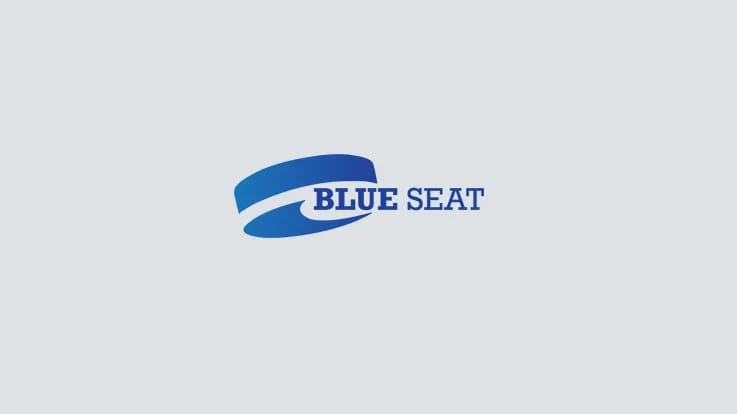
Once deemed unlikely to make a mark in the NHL due to his diminutive stature, Theo Fleury defied expectations by amassing over 1,000 points in his career, ranking 61st in career NHL scoring, and clinching the Stanley Cup with the Flames in 1989. Recording 90+ points four times and 100+ points twice during his career, Fleury also represented Canada twice at the Winter Olympics, securing a gold medal in 2002.
His journey was marred by battles with drug and alcohol addiction, leading to his exit from the NHL in 2003. In 2005–06, he played one season in the British Elite Ice Hockey League and made two attempts to win the Allan Cup. An unsuccessful NHL comeback with the Flames in 2009 marked the end of his professional career.
DISCLAIMER: This post is purely about Theo Fleury’s stint with the New York Rangers. Blue Seat Blogs and this post does not promote or align with Fleury’s political views or his stance on COVID-19 vaccines or any other political statements he has made over the years. This is purely a post and video that highlights the goals he scored as a Ranger and a summary of his time with the club.
During a three-season stint with the New York Rangers, Fleury’s performance could be characterized as a roller coaster. Following Wayne Gretzky’s retirement, the Rangers sought to rejuvenate the team with skill, and Fleury was brought in.
After being traded by the Flames to the Avalanche during the 1998-99 season, Fleury signed a three-year contract with the Rangers worth $21 million, including a club option for a fourth year at $7 million. Known for his fiery, physical, and emotional playing style, New York hoped that Fleury’s approach would inject vitality into the team.
Fleury stirred controversy upon joining the Rangers, expressing feeling unappreciated in Calgary, particularly directed at the team’s owners rather than its fans. His initial year in Manhattan proved disappointing, scoring only 15 goals in 1999–2000, struggling with the pressure of leading the Rangers into the playoffs and adapting to life in New York. After the season, he voluntarily entered a league-operated program for substance abuse and emotional issues, denying any impact on his performance.
Despite the challenges, Fleury rebounded in 2000–01, scoring 30 goals and participating in his seventh All-Star Game. However, his season was cut short when the Rangers announced he had re-entered the league’s substance abuse program. Before the 2001–02 season, Fleury admitted ongoing struggles with substance abuse and difficulties adapting to life in Manhattan. Despite playing all 82 games in 2001–02, his off-ice issues affected his behavior on the ice, including a notable incident involving the San Jose Sharks’ mascot.
In a game against the Pittsburgh Penguins, Fleury left the arena instead of heading to the penalty box after taking a penalty. He later apologized, citing family stress. Subsequently, he was fined for making an obscene gesture to New York Islanders fans taunting him over his drug use. In February 2002, Fleury criticized league officials, claiming unfair treatment and threatening retirement, although the league dismissed his complaints. Despite the challenges, he achieved a personal milestone by recording his 1,000th NHL career point in October 2001.
After the season, the Rangers chose not to exercise their option, ending Fleury’s time in New York. He played one more season with the Blackhawks before being suspended from the league for substance abuse violations, effectively ending his NHL career. In subsequent years, Fleury has openly addressed his longstanding issues and has maintained sobriety. In his memoir, Fleury talked in-depth about his time in New York and provided capsules on each team member, featuring familiar descriptions of players like Adam Graves and Mike Richter.
However, there are surprising assessments, such as his critique of Brian Leetch, suggesting Leetch didn’t recognize the team’s talent. Fleury also questioned Mark Messier’s role but acknowledged later that his illness distorted his perception.
Despite these critiques, Fleury praised the general manager, Glen Sather, and expressed no regrets about his time in New York. He acknowledged the support from the organization but admitted he wasn’t ready to accept it fully at the time. Reflecting on his journey, Fleury stated that being in New York was essential for his personal growth and recovery.
More About:Players
